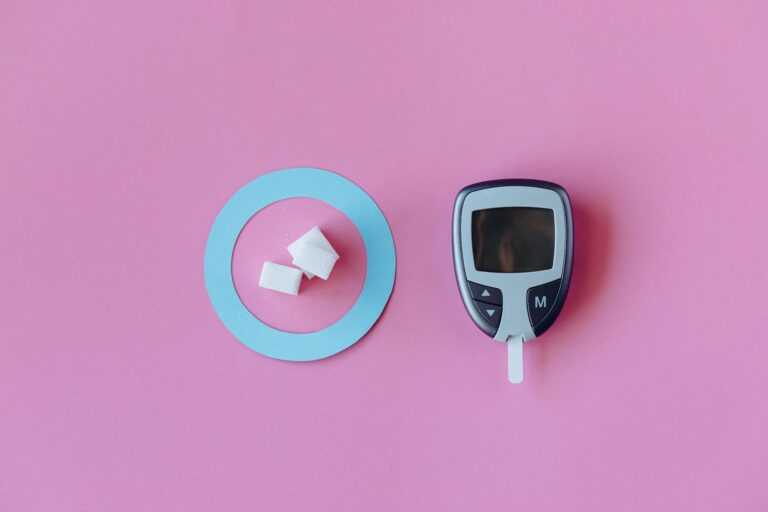Memory loss is one of the most common symptoms reported by individuals as they age. It can range from forgetting where you put your keys to not being able to recall important events from your past. While occasional memory loss is a normal part of aging, it can also be a symptom of a more serious underlying condition. In fact, there is one type of memory loss that is often misdiagnosed and misunderstood – dissociative amnesia.
Dissociative amnesia is a type of memory disorder that involves the sudden inability to remember certain events or personal information. This condition is often caused by a traumatic or stressful event that the individual has experienced. It is different from other types of memory loss because it is not caused by physical damage to the brain or by age-related cognitive decline.
What is Dissociative Amnesia?
Dissociative amnesia falls under the umbrella of dissociative disorders, which are mental health conditions that involve disruptions in a person’s consciousness, identity, memory, or perception of reality. In dissociative amnesia specifically, an individual experiences a sudden and severe memory loss that cannot be explained by other medical conditions or substances.
There are two main types of dissociative amnesia – localized and generalized. Localized dissociative amnesia is when a person is unable to remember specific events or a specific period of time. For example, someone may not remember anything about their childhood or a traumatic event that occurred in their life. Generalized dissociative amnesia is when a person cannot remember anything about their entire life, including their identity and personal information.
Symptoms of Dissociative Amnesia
The most obvious symptom of dissociative amnesia is memory loss. However, there are other symptoms that can be associated with this condition, including:
– Feeling detached from oneself or from reality
– Confusion and disorientation
– Anxiety and depression
– Difficulty concentrating or making decisions
– Headaches or other physical symptoms with no medical cause
It is also common for individuals with dissociative amnesia to experience flashbacks or sudden recollections of the events they cannot remember. These flashbacks can be triggered by certain stimuli, such as a sight, smell, or sound associated with the forgotten memory.
Misdiagnosis of Dissociative Amnesia
One of the main reasons why dissociative amnesia is often misdiagnosed is because its symptoms can be similar to those of other conditions, such as Alzheimer’s disease or other types of dementia. In older adults, it can be easy to assume that memory loss is simply a normal part of aging. However, it is important to rule out other medical conditions before diagnosing someone with dissociative amnesia.
Another reason for misdiagnosis is that individuals with this condition may not seek help until their memory loss becomes severe. They may try to cope with their symptoms by avoiding triggers and relying on others to help them remember important information. This can lead to a delay in seeking appropriate treatment and a potential misdiagnosis.
Treatment for Dissociative Amnesia
The first step in treating dissociative amnesia is to identify the underlying cause and address any traumatic events or stressors that may have contributed to the memory loss. This can involve therapy, such as cognitive-behavioral therapy (CBT) or eye movement desensitization and reprocessing (EMDR), which can help individuals process and cope with their past experiences.
In some cases, medication may also be prescribed to manage associated symptoms like anxiety and depression. It is important for individuals with dissociative amnesia to work closely with a mental health professional who is experienced in treating dissociative disorders.
In addition to therapy and medication, there are also self-care strategies that can help manage the symptoms of dissociative amnesia. These include maintaining a healthy lifestyle, engaging in relaxation techniques like meditation or yoga, and finding healthy ways to cope with stress.
Final Thoughts
Dissociative amnesia is a serious condition that can greatly impact an individual’s life and well-being. It is important for healthcare professionals and individuals to be aware of its symptoms and seek appropriate help if needed. By understanding this often misdiagnosed condition, we can help individuals get the proper treatment and support they need to manage their memory loss and improve their quality of life.





